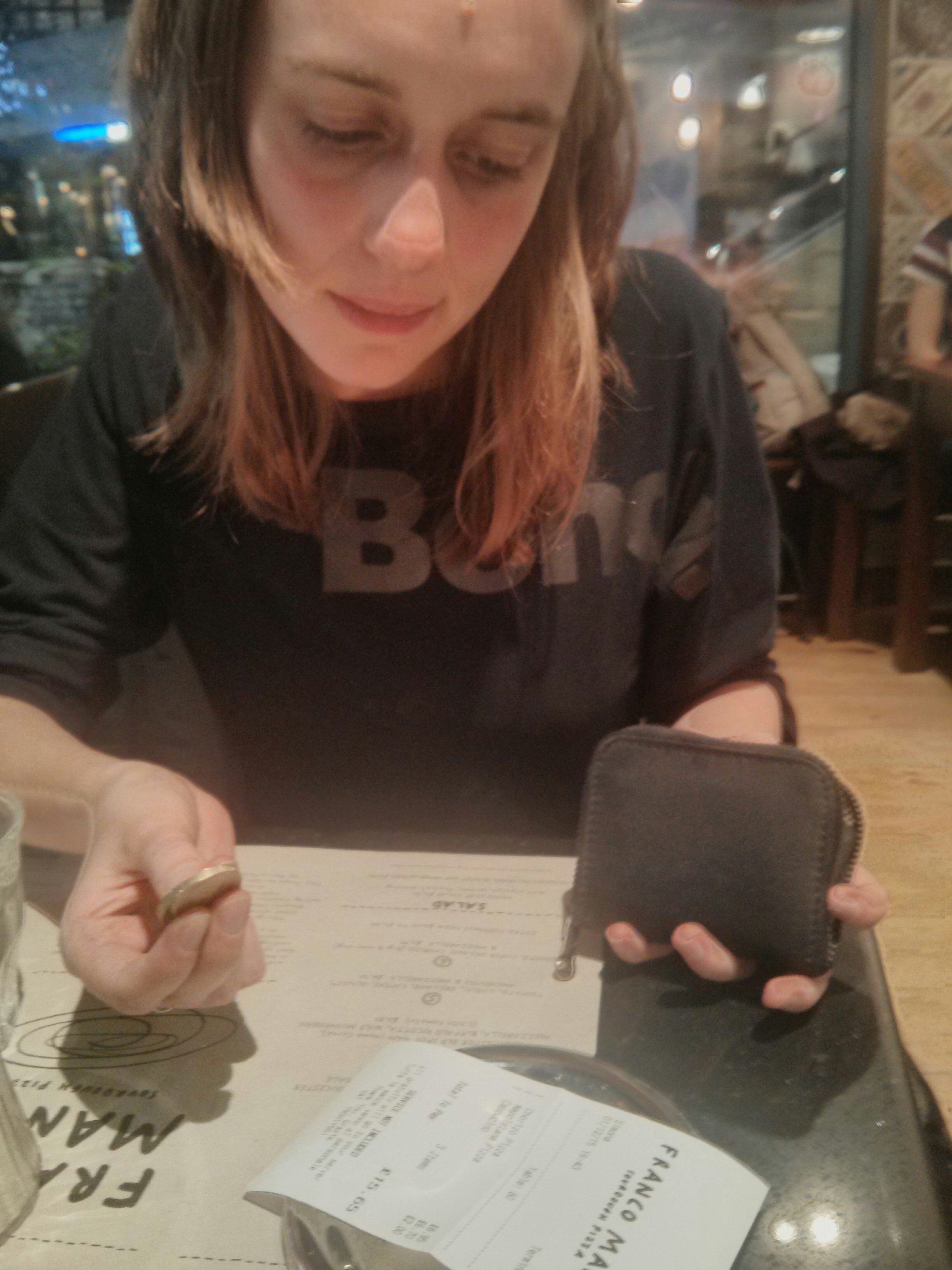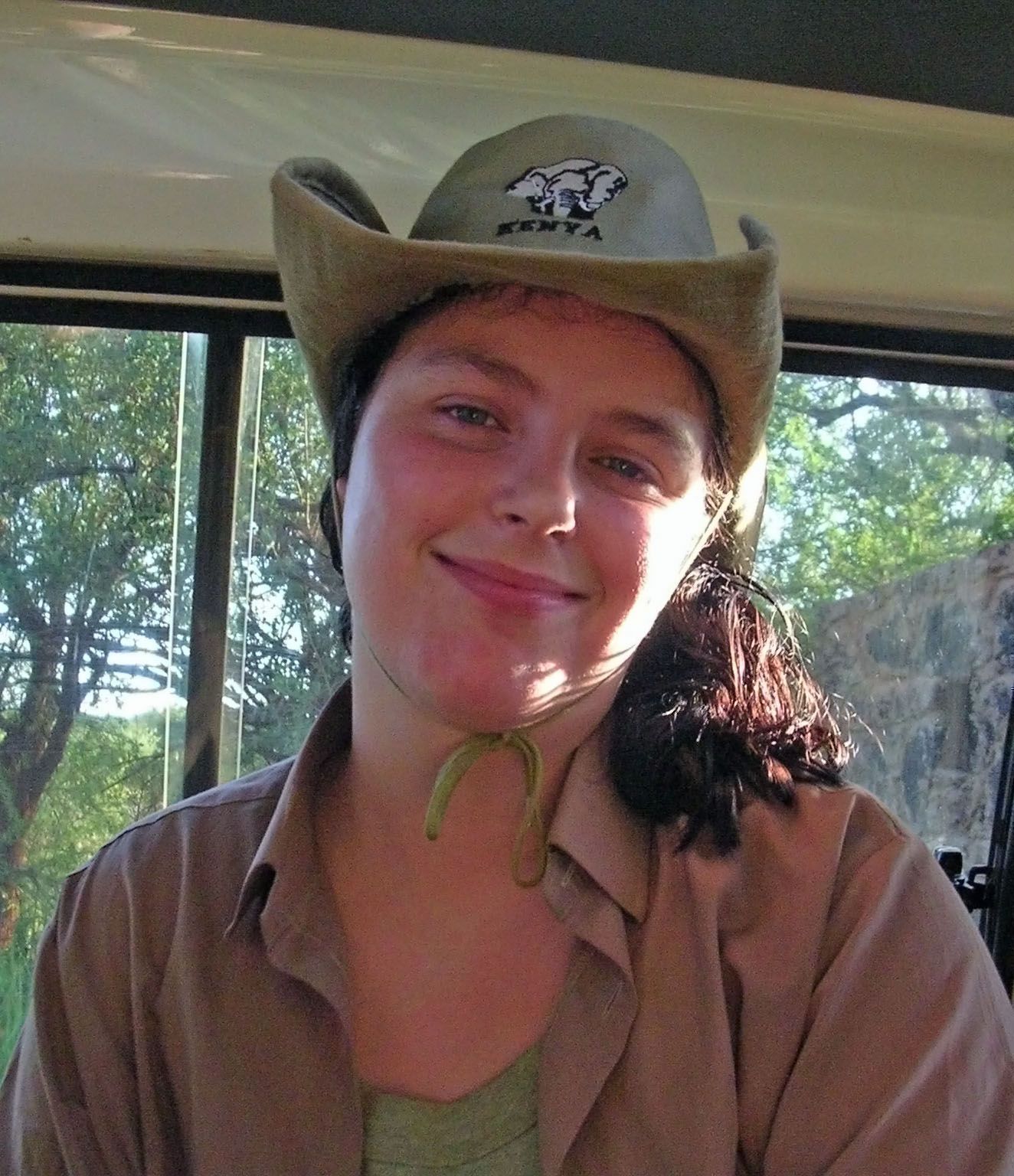To tip or not to tip?
A social dilemma you’re bound to fall into at some point is whether or not to tip – and how much! Tip too little and you risk the waiter chasing you down the street shouting abuse; tip too much and you might gravely offend the staff. Tipping customs vary all over the world, between different countries and regions (not to mention situations), so do your research before you travel!
How much should you tip?
In the USA, tipping is mandatory and fairly high, with 15-20% being expected. Service wages are fairly low, meaning people factor tips into their pay, and waiters will ask you where their tip is if you haven’t left one.
In the UK, tipping is more relaxed and is never really expected in a pub or cafe, or anywhere with self-service. In restaurants, 10% is usually expected, but if you feel the service was poor then you can express this by not leaving a tip.
Move into Romania, however, where 10% is also recommended (more if you’re really happy with the service), and not leaving a tip would be considered very rude: do not try to return to a restaurant where you didn’t leave a tip.
Drinking tips
In lots of countries in Europe, the traditional attitude towards tipping can be seen in the language: German ‘Trinkgeld’, Swedish ‘dricks’ and Danish ‘drikkepenge’ all mean ‘money for drinking’, as does the Slovak ‘prepitné’, French ‘pourboire’, Slovenian ‘napitnina’, Serbian ‘напојница’ and Croatian ‘napojnica’. The idea behind this is that you just round the bill up or leave a few coins, as a contribution towards a drink for the waiter.
Further East, the direct translation is even more specific: in Russia, you leave money ‘for tea’ (‘чаевые’). The same is true of Kazakh‘s ‘шайлық’ (шай- shai- tea’), Uzbek‘s ‘чойчақа’ and Tajiki‘s ‘чойпулӣ’).
Beware, however, that tipping practices have changed significantly and just a few coins often won’t cut it any more in these countries: be prepared for at least a 10% tip, as a broad guideline.
When not to tip
So far, the problem has only been how much to tip, and if you’ve accidentally tipped too much in America or Europe, it won’t cause any massive problems. But in some areas the attitude towards tipping changes drastically.
In Malaysia, Singapore and Japan tipping is not practised at all and could be considered odd or even offensive.
In Georgia, it can be seen as an affront to the notion of hospitality. Beware as well that a tip can easily be misconstrued as a bribe, which you definitely don’t want to get in trouble for, so make sure you look up before travelling whether tipping is normal practice in the country you’re visiting!
Have you ever been caught out by tipping etiquette?
Nat
Breaking down barriers with The Broke Backpacker
Meet Will. He’s the writer and adventurer behind travel blog The Broke Backpacker, and he just embarked on an epic two-year journey from home in the UK to Papua New Guinea.
The twist? He’s not taking any flights. Oh, and he’s travelling on a daily budget of $30.
Will’s been on the road already for two weeks, and is currently making his way through Europe. Over the next two years he’ll be visiting 30 countries, including Turkey, Pakistan, Myanmar, Tibet, and Indonesia, and sharing his adventures along the way.
Why are we telling you this?
Well. When we heard what he was planning, we figured Will might find himself in need of an app that includes over 120 languages from all across the world, which would enable him to talk to people wherever he goes.
Fortunately, it just so happens we have an app like that. So we’re very excited to announce that uTalk is the official language sponsor of Will’s adventure, and he’ll be using the app on the road to learn and speak everything from German to Tajiki, Albanian to Khmer. He’ll even be able to greet people in Tok Pisin on his arrival in PNG.
Will’s been travelling for seven years, and knows how important it is to speak a bit of the local language: “Learning a new language is hands down the best way to make new friends and peek behind the curtain. uTalk helps me to break down barriers, learn the local lingo and make friends in the most unexpected of places.”
We can’t wait to follow Will as he makes his way across the world, visiting some fascinating countries and meeting loads of interesting people. And we’re looking forward to hearing him speak all the languages 😉
You can follow Will’s adventures on Twitter or Facebook, or for more instant updates, on Snapchat (@wthatton).







